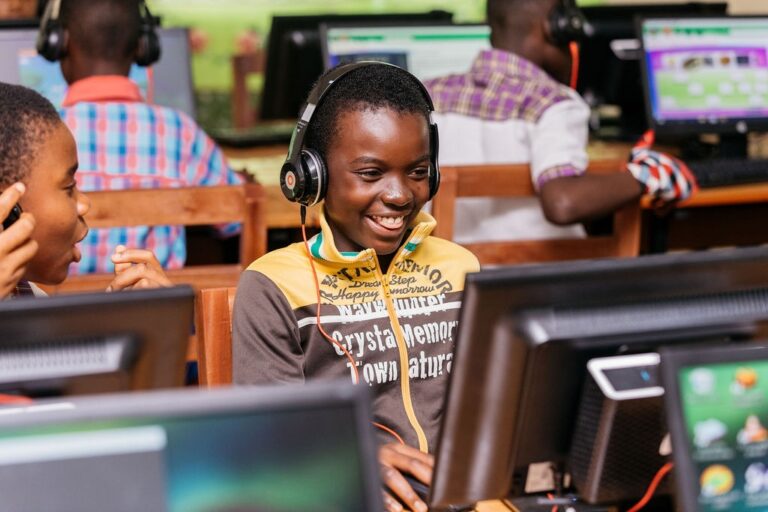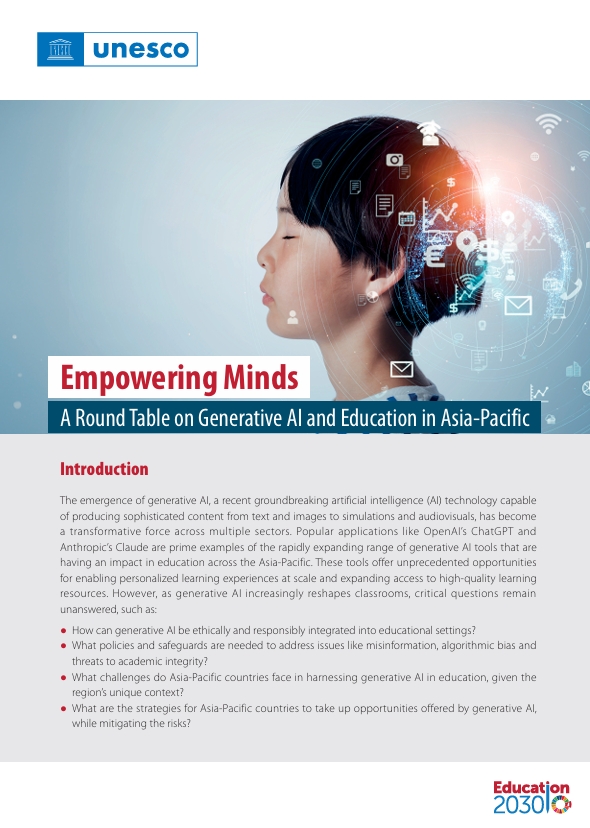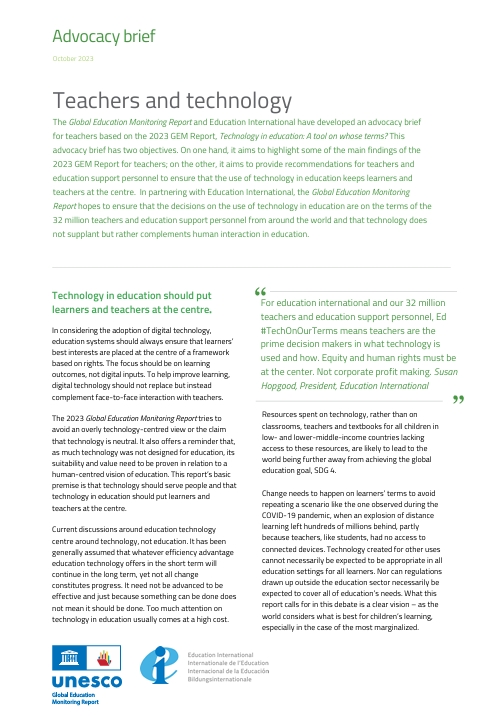In his job and in life, software engineer Giang Nguyen enjoys breaking barriers, and showing the world that people like him just need the freedom to explore.
SINGAPORE: It is his favourite place in Singapore, where he feels comfortable walking, surrounded by trees. He hears the birds and insects, and when a monkey comes along, he reaches out tentative fingers, all but wanting to find and touch it.
Hiking through Bukit Timah Nature Reserve with friends, Mr Giang Nguyen tells them that his previous visit was with a Vietnamese lady. But it was not a date, he says.
One of them suggests he go for more hikes. “I prefer more dates,” he quips, followed by a chuckle. In the company of the 23-year-old, one is never far from a witticism or two.
On another occasion, he admits that he wishes he could see, then adds: “I need to see some beautiful women, right.”
Mr Nguyen, or Giang (pronounced ‘yang’) to his friends, was born totally blind – he cannot see any shapes, colours or even light. He says he is “very practical” and “doesn’t really care” about his disability.
“I know wishing isn’t a very good thing to do,” he says. “I just try to do everything better. Every day, I try to do things better.”
That was the attitude that got him past a tough online coding test and several rounds of interviews with ride-hailing company Grab, to become its first blind employee in all its offices in the region.
And he may well be the first full-time blind coder in all the start-ups in Singapore, according to Mr Ken Chua, co-founder and director of (these)abilities, a design technology company that aims to “disable disabilities”.
“If there was another full-time blind coder in the start-up ecosystem, we’d know,” said Mr Chua.
“I DON’T WANT TO BE EXTRA-SPECIAL”
As a Grab coder and software engineer, Mr Nguyen does programming for its Android app. He has also been making the app more accessible for all passengers, like the blind.
To him, it is nothing special, and the word “inspiration” rests uneasily on his shoulders. “I just want to have a normal life – do what I like, have friends and everything. I don’t want to be extra special,” he insists.
Hailing from a family of four in Ho Chi Minh City, he was about eight years old when he was selected to attend a mainstream school there, after spending three years at a school for the blind.
The adjustment was “easy”, he says, with the use of Braille textbooks, equipment to write in Braille and screen readers.
Far from doing well academically, however, his studies were “super bad” by the time he graduated to high school. He was more interested in reading books and playing.
Only when he realised he was playing into stereotypes of the blind in Vietnam – that they “cannot do much” other than become a masseuse or roadside vendor – did he come to a turning point in his life.
With encouragement from a blind friend, Nam, they decided to turn things round and “make a difference”.
A UNIVERSITY SCHOLARSHIP – AND A SHOT AT WORKING OVERSEAS
Their first goal was to get into university, and they did – the only two blind undergraduates when they were at Ho Chi Minh City International University, says Mr Nguyen.
It was also important to him that he was doing computer science, a course hardly regarded as a norm for blind students in Vietnam, he relates, but which he qualified for thanks to his abiding interest in mathematics.
The university gave him a scholarship, and his parents helped too. Both are retired, now that he and his sister are working. Until last year, his mother was a manager at a chain of supermarkets.
University was where he learned coding, the skill that brought him to Singapore this year.
“I was told it was a better country,” he says of the Republic. “I just knew that it was kind of at the centre of Asia. A lot of people from a lot of countries came here to work. It was a good opportunity, so I came.”
It was Nam who alerted his friend to the opportunity at Grab, which was organising a hiring event in Vietnam. Mr Nguyen, in his final year at university, had already wanted to work overseas.
Both of them were Grab users. Both applied and made it to interview stage – where they caught off-guard the interviewers who didn’t know they were blind..
I was worried that they’d ask me, ‘Hey, how can you code? I’m not really sure that you can’,
recalls Mr Nguyen, who by then had a three-month internship at Intel under his belt and was working part-time for Captcha.
“But the good news is that they didn’t … They only focused on technical stuff and testing my knowledge.”
Confident, charismatic, friendly and his jokes – that is what Grab talent sourcing manager Jessica McNaughton, 25, remembers about him during his interviews. He made an impression, but his blindness did come up for deliberation.
“Can we take him on? Are we going to able to cope with this as a company? So there was a bit of a decision that had to be made,” said Ms McNaughton.
The leader at the time was speaking with the team and said, ‘Do you think this is a good idea?’ Everybody was just super inspired, and they said ‘yeah’.
Out of the 400 applicants who took the initial test, Mr Nguyen was one of eight who were ultimately hired.
MAKING ADAPTATIONS
Since he started work at Grab in February, the company has had to make some adjustments. With the help of (these)abilities, Braille stickers were pasted on the lift buttons in the Cecil Court building where its research and development centre is located.
The same was done for the coffee machine in the pantry and for his desk, which had his name in Braille.
Mr Nguyen, too, has been adjusting to Singapore. Crossing the road, for instance, is a different proposition compared with how he does it back home. “In Vietnam, I just cross because if you wait, you have to wait all day,” he says.
He’d also rather also walk on the road than on Vietnam’s crowded pavements with their many vendors, bicycles, people and garbage piles, he says. “It’s easier. I only have to face cars or motorbikes.”
Yes it’s somewhat dangerous, and motorists have bumped into him “just a little bit”. “But it’s fine,” he notes wryly. “I’m still here.” Spoken like the risk-taking go-getter at heart that he is.
Not only does he find Singapore safer, but the people are also nicer. Bus drivers, for example, tell him that he has reached his stop. Back home, the drivers shout at him because he has to ask more than once.
“DON’T GIVE ME $1 OR $2”
One thing he dislikes in both countries – though it occurs less frequently in Singapore – is people trying to give him money, even when he is just walking along, because they see him as a charity case.
“I want to be treated equally because I’m still working, right?” he says exasperatedly. “If you want to give me money, right, give me thousands; don’t give me $1 or $2.”
Even some of his friends cannot help but offer to pay for his meals. “They can ask me, ‘hey, do you have money’ when I go to the food court,” he says.
“They think that I can go to the food court with no money. I don’t know what they’re thinking.”
No disservice is done, however, when people want to help by offering directions, according to Mr Nguyen.
MAKING THE WORLD MORE BLIND-FRIENDLY
Being an advocate for the blind is a journey he began in Vietnam. For instance, the banks were not allowing blind people to open accounts “because they think that we can’t manage to use ATMs”.
The irony, of course, is that cashless payments are a better option for the blind to avoid the occasional mistake of paying more than they should when they mix up the notes, he says.
So he raised the issue and sought help. But he could only convince the branch of one bank to change its practices.
In Singapore, he suggests that the MRT system map be made tactile for visually-impaired commuters – the same feedback he has for improving the trail map at Bukit Timah Nature Reserve.
He is most positive about his work at Grab, one part of which involves making its app more descriptive for blind people and thus more compatible with their screen readers.
He identified the booking page as an area that needed change, and tackled that. “I like the feeling that I can create something that can work,” he says, explaining the satisfaction coding gives him.
His supervisor vouches for the improvements Mr Nguyen has made. “He wanted the app to be friendly, and he actually delivered,” said Grab engineering manager Javier Gomez, 35.
“It was a bit surprising to me how motivated he is.”
THE ADVENTURER IN HIM
That sense of surprise has become a common reaction ever since Mr Nguyen arrived here, insisting that he would find his own accommodation. He now rents a room in an apartment.
“I want to go to new places, eat some new food. Anything new is good,” he says, adding that laksa has become one of his favourite local foods.
Sometimes I go to the beach or find some nice food stall. Sometimes I go to some bar and grab some drinks. I want to learn about alcohol. I even want to learn to distinguish between different types of whiskey.
Already, he has visited Chiang Mai, Bangkok and Pattaya, making Thailand the second country he has been to since leaving home. His one regret from his holidays there: He was not allowed to go snorkelling.
He does not see himself as fearless, but he hopes that people will stop worrying for him. “I need freedom, and if they do something to stop me, I’ll react,’ he says.
Mr Chua from (these)abilities would like more blind people to be as “adventurous and outgoing” as Mr Nguyen.
“If you ask them to meet you somewhere for dinner or whatever, they’re very hesitant because it takes them a lot of effort and planning to understand the route,” said Mr Chua.
While Giang is like, ‘Sure, you know a new coffee spot you think I’d like? I’ll find my way there.
Mr Nguyen himself thinks that not only the blind but other people with disabilities “have the right to be independent”. “Of course they need help because they have some problem – their disability – but they also need freedom,” he says.
His reply, when asked what kind of girls he would like to date, is telling. “I’d say independent girls … That’s most important,” he says. He also likes girls who constantly try to improve themselves.
Just, you could say, like himself.






